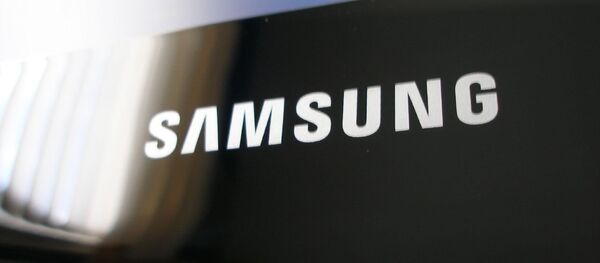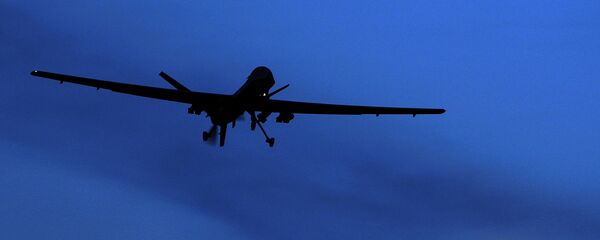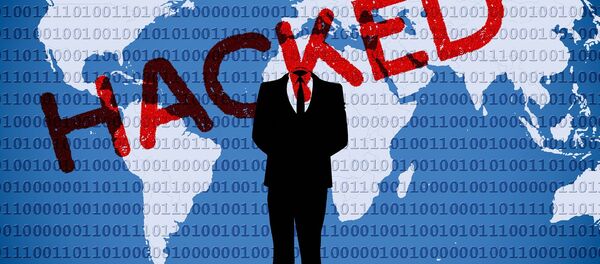According to WikiLeaks: "Year Zero introduces the scope and direction of the CIA's global covert hacking program, its malware arsenal and dozens of ‘zero day' weaponized exploits against a wide range of US and European company products, include Apple's iPhone, Google's Android and Microsoft's Windows and even Samsung TVs, which are turned into covert microphones."
The US intelligence community has turned the global village into a prison planet; one where bedrooms are no longer sacrosanct, bank accounts are no longer secure and national secrets can be retrieved from deceptively "secure" channels and archives. Smart cars can be remotely commandeered to snuff out pesky citizens who get in the way of a train wreck called the United States!
But what apocalyptic scenarios were Year Zero and Zero Day referring to? Did Russia earlier get wind of them? Did the election of Donald Trump finally throw a spanner into the works? Both possibilities may explain the endlessly juvenile hissy fits — replete with threats of war — from US politicians and diplomats as well as their Western lackeys in recent years.
Freeware or Spyware?
The geopolitical and commercial fallout from the March 7 WikiLeaks disclosure have yet to be tabulated. The old adage — there is no such thing as a free meal — should now incorporate a reference to freeware offered by the altruistic Google and its cohorts to software developers worldwide. The masterplan seemed ingenious: Unsuspecting tech developers would be perfecting software modules, apps and scripts that would reduce every house, office and government agency into a potential listening post for the US deep state.
But why bother with such trifles when an army of US intelligence employees and private contractors can snoop on the best ideas, concepts and patents being developed in real-time by unsuspecting foreigners worldwide? If blueprints can't be pilfered due to declared proprietorship in the open source domain, trapdoors still remain open for the denial, disruption and degradation of a variety of developmental undertakings worldwide. US software is now a malignant parasite residing in the body of the global host — reminiscent of plots from the Alien movie franchise.
More ominously, children are now made ever more vulnerable to online predators within the US intelligence hydra and there is growing expectancy that the next WikiLeaks exposé may implicate Washington's movers and shakers in a massive pedophile scandal.
Cyber-Bull in the China Shop?
The WikiLeaks revelations may have provided China with a heaven-sent opportunity to end the US global surveillance complex. While Silicon Valley produces most of the compromised software in use worldwide, the accompanying hardware is mass-manufactured in China. According to WikiLeaks, smart devices and routers from China's Huawei and ZTE as well as Taiwan's Zyxel were among those exploited by the CIA for its global hacking operations.
According to WikiLeaks, The CIA reportedly "lost control" of its panoply of hacking tools entailing several hundred million lines of code. Just who has control over them now? Is there a dark net franchise business going on here?
WikiLeaks is not releasing details of these "armed" cyberweapons until "a consensus emerges on the technical and political nature of the CIA's program and how such ‘weapons' should be analyzed, disarmed and published." There are good reasons for these precautions. Cybersecurity Ventures estimates that the annual global cybercrime costs will grow from $3 trillion in 2015 to $6 trillion by 2021.
Will Chinese smart device manufacturers, particularly in the telecommunications industry, take note and plug Western software backdoors? Or will it be business as usual once the patches are fixed by mainstream telco players? In a reversal of the CIA's shenanigans, more than 700 million budget Android smartphones were recently discovered to contain a secret "backdoor" that relayed user text messages, call logs, contact lists, location histories, and apps data to China every 72 hours.
China's recent initiative to promote cyber sovereignty within the international community, particularly the BRICS bloc, will be stillborn unless it can bring a greater degree of integrity, discipline and order to its expansive telecommunications industry. The core RIC (Russia, India and China) nations in the emerging Greater Eurasia bloc are software powerhouses in their own right, and there is no reason why these nations should not pool their resources to create the nuts, bolts and algorithmic scripts of a secure Eurasia.Net
In the meantime, WikiLeaks is promising more shocking exposes ahead. These are interesting times indeed!
Mathew Maavak is a writer and geopolitical observer residing in Malaysia.
The views expressed in this article are solely those of the author and do not necessarily reflect the official position of Sputnik.







